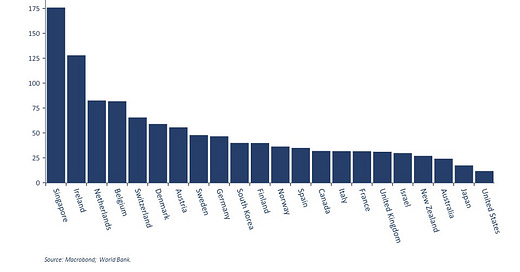Climate change politics is local
The globalisation debate offers lessons on what to do (and what not to do) in climate change policy: address the domestic politics of the transition
‘We all know what to do, we just don’t know how to get re-elected after we’ve done it’, Jean-Claude Juncker.
Progress was made at the COP26 meetings in Glasgow. Although the commitments made fall short of what is required, it was more than ‘blah, blah, blah’.
But addressing climate change is a deeply political process, and policy approaches need to respond to domestic political realities to make meaningful progress. In thinking about the best way forward, it is useful to learn from the good and the bad of managing globalisation.
First, avoid utopianism. The claims that free trade would inevitably create prosperity and that the distributive impacts would be taken care of by rising incomes (and assumed compensating policies) led to policy neglect. Now similar claims are made that aggressive climate change policy will simultaneously deliver net zero as well as green jobs and prosperity. From the US to the EU and beyond, the green transition is portrayed as central to strong and inclus…



